What’s the Difference Between Being Sympathetic And Being Compassionate And Why is It So Important?
Most people think being sympathetic is a positive quality. Unfortunately... being too sympathetic can come back to bite you.
Take for example a situation where a good friend wants to get together with you to talk about all the problems he’s been having these days. You sympathize with his plight and you accept his invitation to meet for coffee. You listen patiently to everything he tells you. How do you feel at the end? Are you tired? Drained? Are you in a hurry to leave? This is the sort of thing I had in mind when I said that being too sympathetic could come back to bite you.
Situations like these come about when we think it is our duty to feel the pain of those who are close to us, so that we can show them that we love them and that we are willing to do whatever it takes to help them. Sympathy often means that instead of just one person crying over their problems, you end up with two. The kind of get-together I’ve just described usually does not have a positive outcome, because the sympathetic person is not objective enough to really help the other.
Being too sympathetic makes us forget the principle of responsibility, according to which we all have to take responsibility for our own decisions and actions. It is not our responsibility to help others at any cost and to carry their problems on our own shoulders.
Someone who is compassionate, however, will have a very different attitude. Compassion can be defined as the capacity to understand what someone else is going through, but without actually feeling what that person is feeling. This allows you to remain yourself. When we are compassionate, we neither judge others nor accuse them of anything. We observe. This allows us to keep our heart in the right place, without being taken over by our fears or emotions – which is what often happens when we are being too sympathetic.
Let's go back to the example I was talking about earlier. If you are compassionate, you will listen to your friend, but instead of wanting to help him at all costs, you will ask him questions such as these:
- How do you feel about everything that is happening in your life these days?
- What frightens you the most?
- What have you done so far to solve your problems?
- Do you need my help and if so, what kind of help?
By doing this, you are recognizing the fact that your friend's problems are his own and that you want to help him find the best solution to his problems – on his own. If, on the last question, your friend asks you for something that goes beyond what you are capable of or willing to give, you have the right to say no. This does not mean that you don’t care about him. Remember that helping others by doing something that is detrimental to yourself or to your own needs is never advisable, since forgetting to take care of yourself can lead to frustration and anger.
The above questions deal with emotions and fears, because your friend needs to feel what's happening inside in order to find the solution to his problems. When we don't take the time to feel these things, we let our head rule our lives. But since our head is made up of memories, it always tries to find solutions based on things that have happened in the past. When we listen to our heart, we live an insightful life, and we live it in the present moment. This allows us to solve our current problems without having to refer to the past. Moreover, compassion opens the door to intuition. It allows those who are affected by a problem to find a solution intuitively, with positive results.
If you're wondering whether you've dealt with someone in a sympathetic or in a compassionate way, ask yourself right after meeting them if you feel tired or energized. Sympathy drains you of your energy whereas compassion helps you keep connected with your natural energy.
With Love,
Lise Bourbeau

